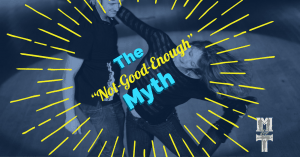 “One day, I hope to speak Egyptian Arabic well enough to visit Egypt”
“One day, I hope to speak Egyptian Arabic well enough to visit Egypt”
This makes no sense, right? You don’t need to be fluent in Arabic in order to visit Egypt. In fact, the Egyptians would probably be pleasantly surprised if you even tried “Hello” and “Thank you”.
When it comes to language, skill proficiency is not a requirement for participation. Same goes for karaoke: no one expects you to be an amazing singer before you can enjoy a night out with your friends at the karaoke bar. Trust me, skill is definitely not a barrier to entry for karaoke!

Some social activities have a minimum expectation of proficiency, like rollerblading. If you can’t skate safely and stop, you won’t be much fun to go skating with. And hiking: friends will hike with you as long as you are fit enough and willing to handle the trail. And tennis: your partner needs you to at least be able to return the serve. And… social dancing….
Social Dancing Proficiency Requirements
Social dancing is a game, of sorts. It has a minimum expectation of proficiency. In order to play the game, your playmates expect you to:
- Know the rules of the playing field (dance floor etiquette & safety)
- Know the rules of the game (general foundation skills & mechanics, not a syllabus of patterns)
- Be flexible and adaptable (not fixed and frustrated)
- Be safe and respectful (you know, human rules)
Honestly, that’s it. As long as you meet those minimum standards, you qualify for all the benefits of membership that come with becoming a social dancer. But a common myth that newer dancers catch and have a hard time letting go of is the idea that they are “not good enough” for certain aspects of the WCS world. A small minority might actually suffer from atelophobia, but I would propose that the concern of overstepping one’s role due to overestimation of one’s own abilities is pretty common, and not a permanent condition. Newer dancers often observe the “better dancers” taking advantage of these social dancer membership benefits, and they invent a story that precludes themselves from these same benefits. Here are some words of truth, to set the record straight about what you are allowed/ get access to (as long as you meet the minimum standards)
Social Dancing Membership Benefits
Inviting anyone to dance, at any level
 This is an inclusive community, where everyone dances with everyone: all levels, all genders, all ages. Westies are fiercely proud of this. Dancing across the spectrum is the best way to become an authentically advanced dancer. Regardless of WSDC points, you can’t call yourself “advanced” unless you can elevate every partner in the room! Dancing with partners lower level than y
This is an inclusive community, where everyone dances with everyone: all levels, all genders, all ages. Westies are fiercely proud of this. Dancing across the spectrum is the best way to become an authentically advanced dancer. Regardless of WSDC points, you can’t call yourself “advanced” unless you can elevate every partner in the room! Dancing with partners lower level than y
ou trains you to cope, adapt, and make lemonade. Dancing with dancers higher level than you gives you a better feel for how the movements are supposed to work. But if you only dance with Advanced dancers, they are so good at compensating that it is easy to get a false sense of proficiency, deluding you about your actual skills and needs.
I know many of you are under the impression that advanced dancers don’t want to dance with you and you tell yourself stories as excuses to not ask Advanced dancers to dance. “I won’t be able to keep up.” “I’ll just bore them.” “They’ll just tolerate me because they won’t be able to have fun with me.” Sorry, hate to burst your bubble, but none of these are factual. Any advanced dancer worth dancing with knows how to make every dance fun, is never bored, and rather than expecting you to keep up with them, is quite comfortable using elevation strategies. (To elevate means to with your partner in a way that gently raises their level better than they think they can dance.) So, no excuses, quit limiting yourself to dancing with only dancers at your level and below. Go (respectfully, considerately) ask the advanced dancers.
Dance wherever you like on the floor, any time of night
Even though it appears that there is a “hot corner” where many advanced dancers are dancing, the space is open, and the dancers are too. You don’t need to avoid the area. Just watch out when there are dancers who are doing ambitious tricks, which is more common in that zone. In fact, even if you’re not dancing, it’s a good idea to sit for a song or two and watch the dancers in this zone. Get inspired by them, but also get a little nerdy: observe to see how they handle errors, see if you can pick out techniques your instructor was mentioning, or see if you can pick up one new footwork synchopation to try.
Advanced dancers sometimes are working on specific “homework” when they go social dancing, so occasionally they decline dances in order to manage their energy and focus. Sometimes, advanced dancers can get “over-worked” because they are so in-demand. So if you ask an advanced dancer to dance and they decline, give them the benefit of the doubt. It’s not that you are not worthy of dancing with them – they just need a break.
Participating in mixers, fun contests, jam circles, and dance demos
 From the moment you step into the dance space, people are excited about you being a potential playmate. They *want* you to participate – they want more people to love WCS as much as they do, because it creates a more fun and fulfilling scene for everyone. The activities and games offered at social dances are designed to include, involve, and inspire you. They are not exclusive to a certain group or level. Feel free to join in! If you are unsure, go ahead and ask – no one will ever fault you for asking, and you might just get the encouragement you were looking for.
From the moment you step into the dance space, people are excited about you being a potential playmate. They *want* you to participate – they want more people to love WCS as much as they do, because it creates a more fun and fulfilling scene for everyone. The activities and games offered at social dances are designed to include, involve, and inspire you. They are not exclusive to a certain group or level. Feel free to join in! If you are unsure, go ahead and ask – no one will ever fault you for asking, and you might just get the encouragement you were looking for.
Taking classes that you qualify for, and repeating any class you’ve already taken
There are several instructional vehicles available to you, the most prolific being weekly group classes. Group classes are not aimed only at people who are newbies just learning. Nor are they only targeting people who have ambition: group classes are the way we as a WCS community transmit the dance, and if you exclude yourself, you are taking yourself out of the game.
Group classes are not always but often progressive, meaning that they are sorted by skill level. The best ones offer a transparent, objective syllabus defining the skill requirements for each level, but if you are unsure, feel free to ask the teacher. Unless stated otherwise, all classes are open and available to you. Let me say this another way. Get yer butt into as many classes as you can!
A super-smart tip from wise dancers that have progressed far and fast? Even while you take higher level classes, never stop training your fundamentals. Not only is there no shame in re-taking Beginner classes, but you will earn more value and more respect for it.
Attending dance events & workshops
 You might have heard about a mystical dance convention happening in your town or nearby, and dismissed it, thinking that it was aimed at those “hot-shot competitors”. Actually, this is not true. Yes, there are competitions, but the main focus of the weekend is learning and social dancing at all levels, which means it is aimed at YOU. There are often dozens if not hundreds of newer dancers in attendance, who have been dancing for 6 days to 6 months. These dancers usually make up about 25% of the attendance, so there is often a Newcomer Intensive offered: workshops aimed specifically at newbies/first-time-convention-goers. In general, the weekend events offered will definitely have something for you, but if you are unsure, ask around. Don’t miss an opportunity that might not come up for another year!
You might have heard about a mystical dance convention happening in your town or nearby, and dismissed it, thinking that it was aimed at those “hot-shot competitors”. Actually, this is not true. Yes, there are competitions, but the main focus of the weekend is learning and social dancing at all levels, which means it is aimed at YOU. There are often dozens if not hundreds of newer dancers in attendance, who have been dancing for 6 days to 6 months. These dancers usually make up about 25% of the attendance, so there is often a Newcomer Intensive offered: workshops aimed specifically at newbies/first-time-convention-goers. In general, the weekend events offered will definitely have something for you, but if you are unsure, ask around. Don’t miss an opportunity that might not come up for another year!
Learning either role, any time
WCS is one of the most socially evolved partner dances, accepting and encouraging any gender to dance either role, lead or follow. Don’t feel like you are trapped into the role you chose when you started. It is quite common for dancers to learn the opposite role when they feel their original role skills have stabilized and they are ready for a challenge. Learning the opposite role can give you a better understanding of the dance, which can augment your original role.
Taking private lessons from the best instructors you can afford
 I once had a dancer tell me, “I so badly want to take private lessons from a Champion like you. I hope someday soon I will be good enough.”When I questioned him, he explained, “It’s like fine wine: when you are first learning about wine, you have not yet developed a palette to appreciate the expensive vintages, so you shouldn’t waste your money on something you do not yet know how to appreciate fully.” He seemed so confident in his story, yet nothing could be further from the truth. Like Egyptian Arabic, skill proficiency is not a requirement in order to qualify for private lessons with high quality teachers. Private lessons are for every one at every level, and the earlier you invest in them, the faster and better you will learn. Always seize as many opportunities as you can to work with the best teachers you can afford (do your research of course). Don’t let anyone tell you that you are not deserving of a Pro’s time or that good skill learning will be wasted on you. I expand on this topic in the (short) article, It’s Not Like Wine.
I once had a dancer tell me, “I so badly want to take private lessons from a Champion like you. I hope someday soon I will be good enough.”When I questioned him, he explained, “It’s like fine wine: when you are first learning about wine, you have not yet developed a palette to appreciate the expensive vintages, so you shouldn’t waste your money on something you do not yet know how to appreciate fully.” He seemed so confident in his story, yet nothing could be further from the truth. Like Egyptian Arabic, skill proficiency is not a requirement in order to qualify for private lessons with high quality teachers. Private lessons are for every one at every level, and the earlier you invest in them, the faster and better you will learn. Always seize as many opportunities as you can to work with the best teachers you can afford (do your research of course). Don’t let anyone tell you that you are not deserving of a Pro’s time or that good skill learning will be wasted on you. I expand on this topic in the (short) article, It’s Not Like Wine.
A Personal Anecdote:
Years before I started WCS, I was preparing a Ballroom dance demo with my Dad for my cousin’s wedding. I had never taken dance lessons except to learn this routine with my father from his Arthur Murray teacher. She was teaching us a Cha-Cha open break, and was wondering why I never raised my arm to the side to match my dad’s. I scoffed and told her “Don’t be silly, I’m not going to pretend to be good enough for arm styling!” I refused to raise my arm, and insisted on dancing the whole routine with my free arm glued to my hip, because I was convinced I wasn’t good enough to be worthy of using it. Can you compare my story to one of your own?
About rejection and exclusion
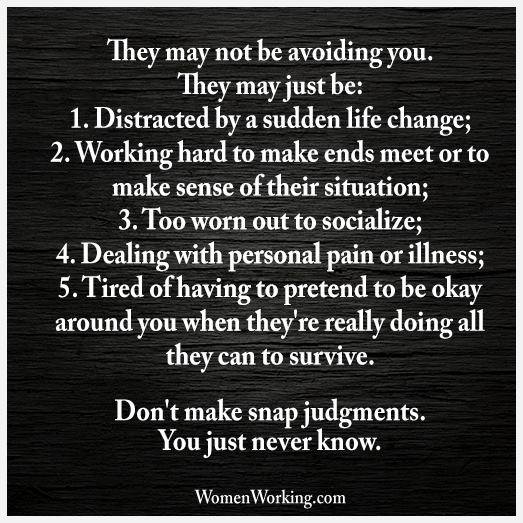 I realize that many of these myths are hard to let go of, because doing so risks rejection. I’m not going to lie and pretend there aren’t jerks out there and exceptions to these general rules. But hey, there are jerks and exceptions in every part of life, right? WCS is no different. So here’s your course of action:
I realize that many of these myths are hard to let go of, because doing so risks rejection. I’m not going to lie and pretend there aren’t jerks out there and exceptions to these general rules. But hey, there are jerks and exceptions in every part of life, right? WCS is no different. So here’s your course of action:
- Take my advice and jump in the pool.
- If you are unsure or have trouble, ask other dancers about it.
- Maybe the rejection has nothing to do with you, so don’t sweat it.
- Be stoic – if someone declines your request, make a decision that the declination doesn’t mean you are not worthy. There might be other meanings, but choose to avoid jumping to a conclusion that is disempowering. I’ve had to advise several students over the years who have told me about various rejection stories. Some of them are legitimate, but many are simply misinterpreted situations. Be sure to give people the benefit of the doubt before assuming that they are rejecting/excluding you.
Keep in mind some activities in WCS actually are restricted-access, which you can look forward to in the future. They require additional training or experience, but may not be recommended to you, aimed at you, available to you at your current level:
- Giving feedback
- Choreography
- Dips and lifts
- Jack & Jill Competition divisions
- Designated levelled workshops
- Progressive classes
- Private parties
- Learning to Teach
- Learning to Judge
- Learning to DJ
Take-away points!
Here are some mantras you might need to repeat out loud. Remember, there is no such thing as “needing to be good enough in order to social dance”.
I AM good enough to dance with more advanced dancers.
I AM good enough to dance wherever, whenever I want.
I AM good enough to deserve private lessons from my preferred Pros.
I AM good enough to be in this class I qualify for.
I AM good enough to learn whatever role I choose.
I AM good enough to sign up for a dance weekend.
I AM good enough for arm styling! 🙂
I will NEVER BE too good to dance with ANYONE.
I will NEVER BE too good to work on my basics.
I will NEVER BE too good to take a workshop.
I will NEVER BE too good for feedback from peers.
I will NEVER BE too good to volunteer in my community.
I will NEVER BE too good to take a private lesson.
Further Reading
The Coach’s Corner blog is full of rare, invaluable, sharable information and coaching. Here are a just a few related articles, but be sure to check out the “Your First Year” category and the full title list! If you liked this article and want to see more, be sure to like our Facebook page so you can be sure to never miss an article!
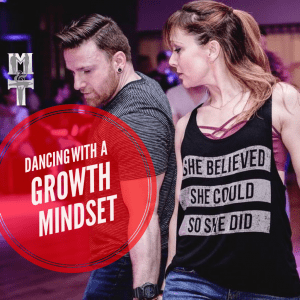


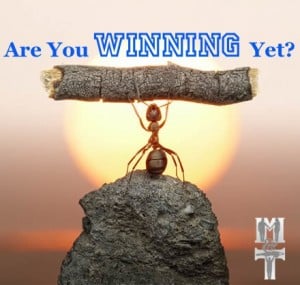
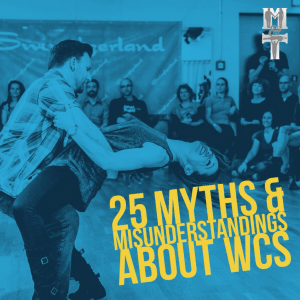
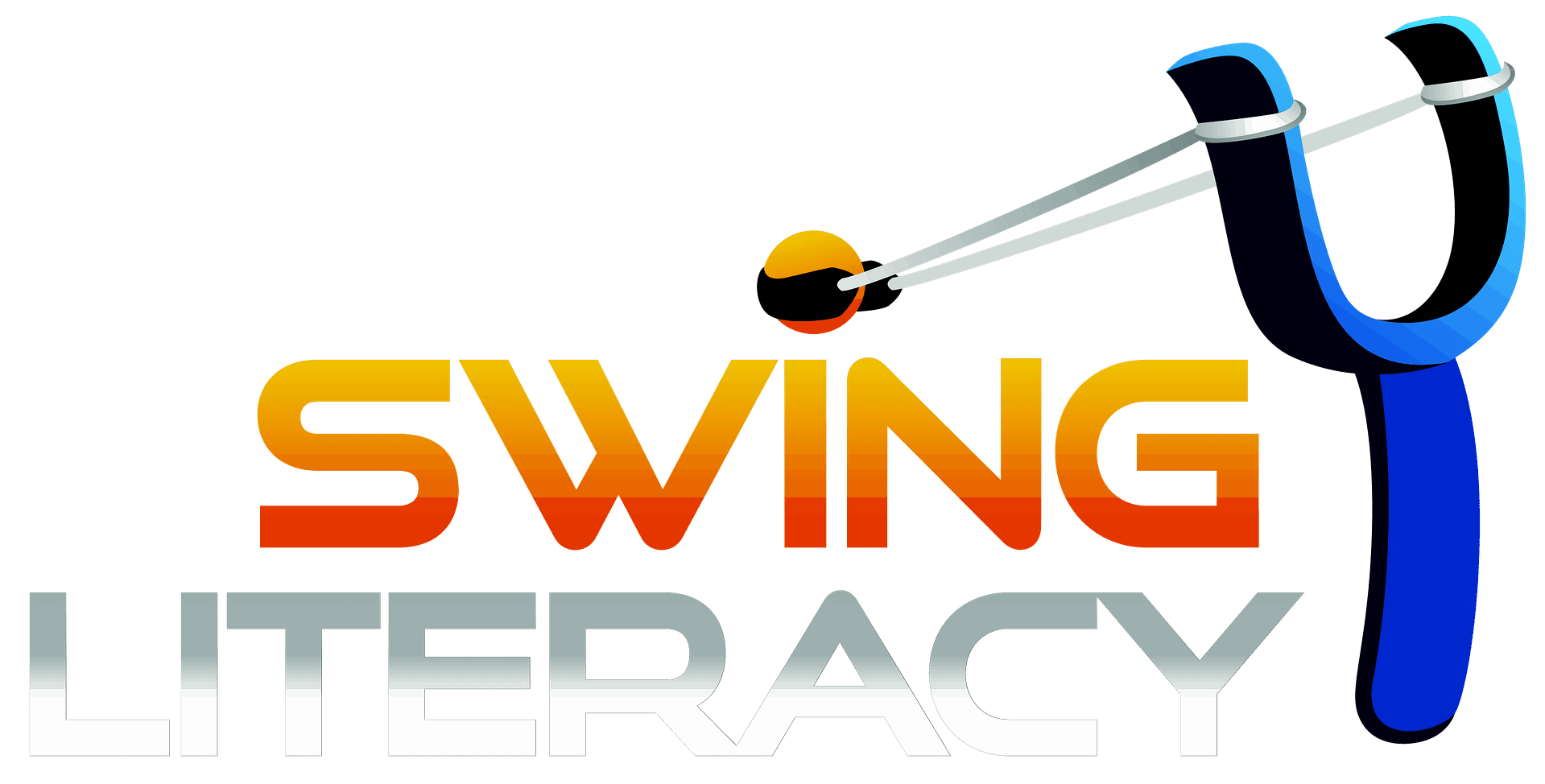
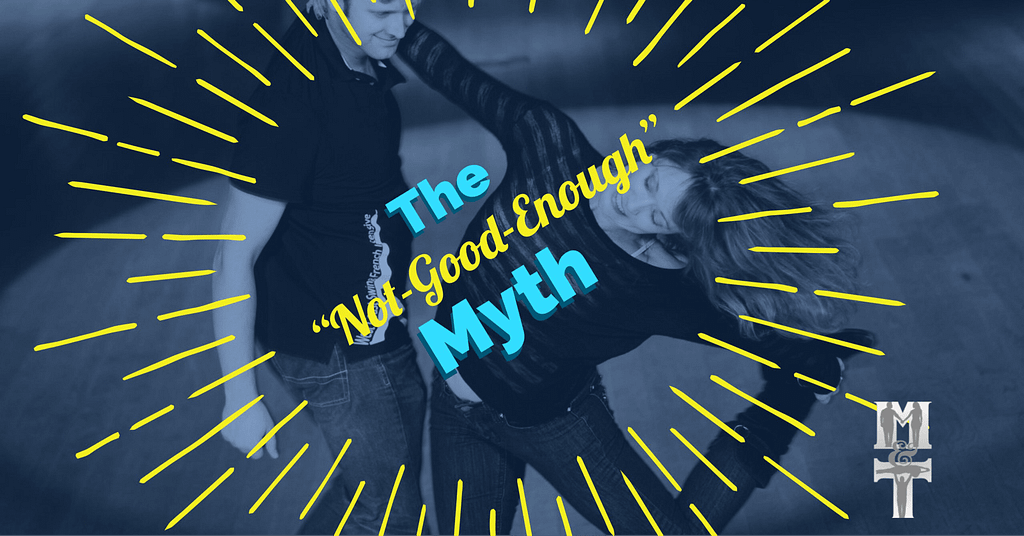
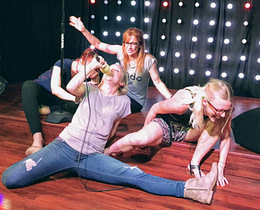

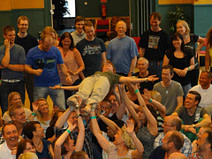



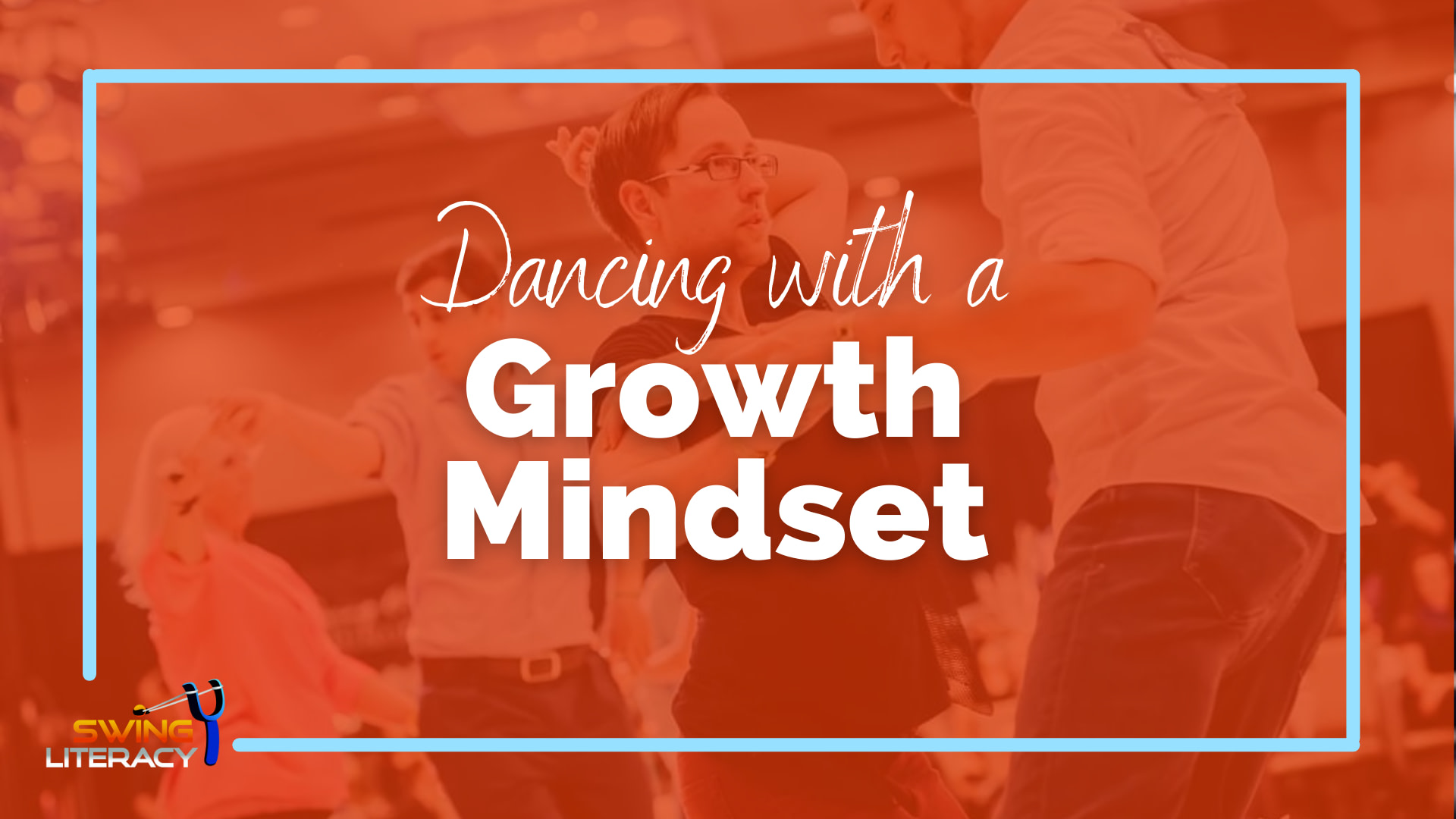

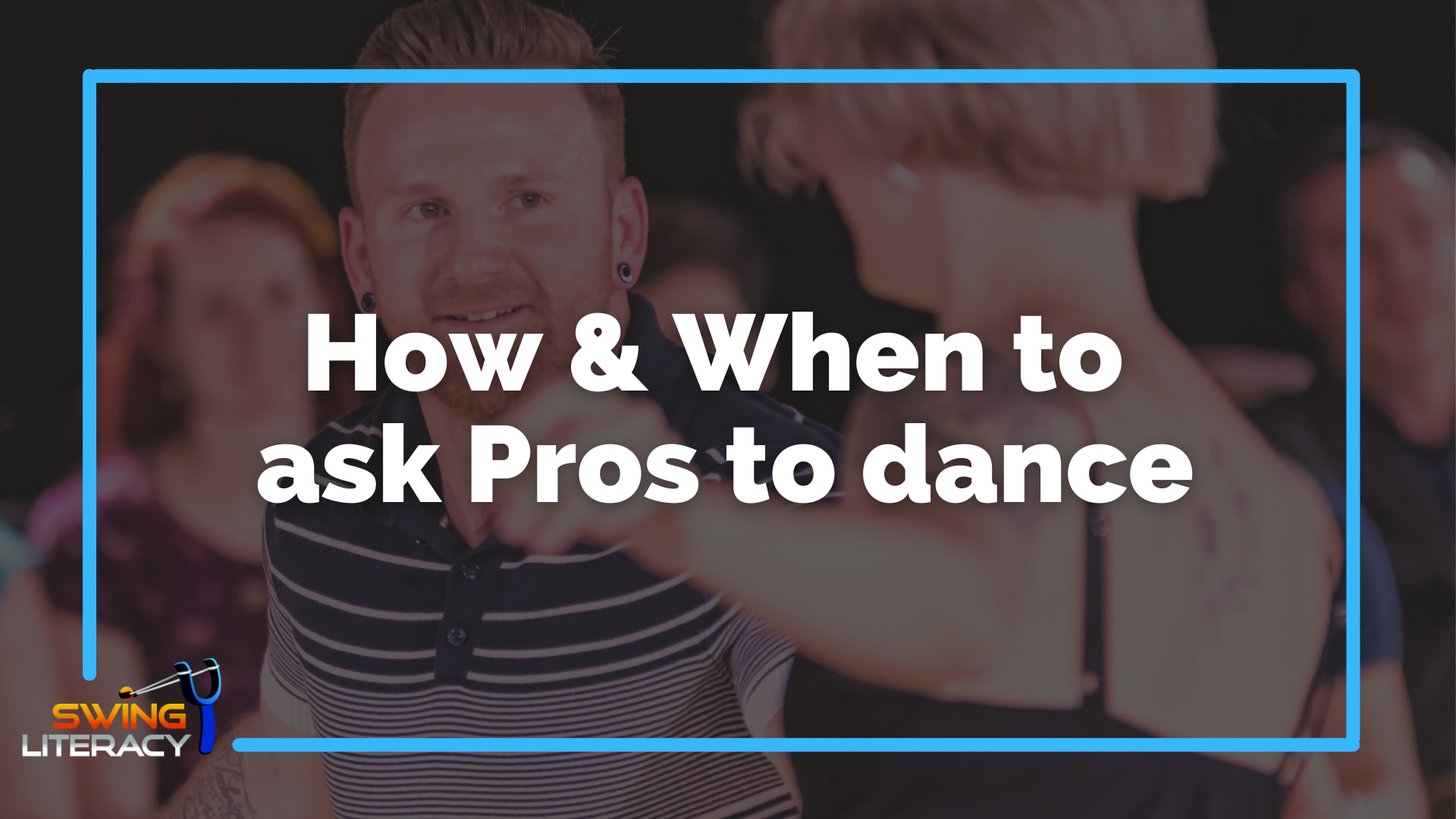
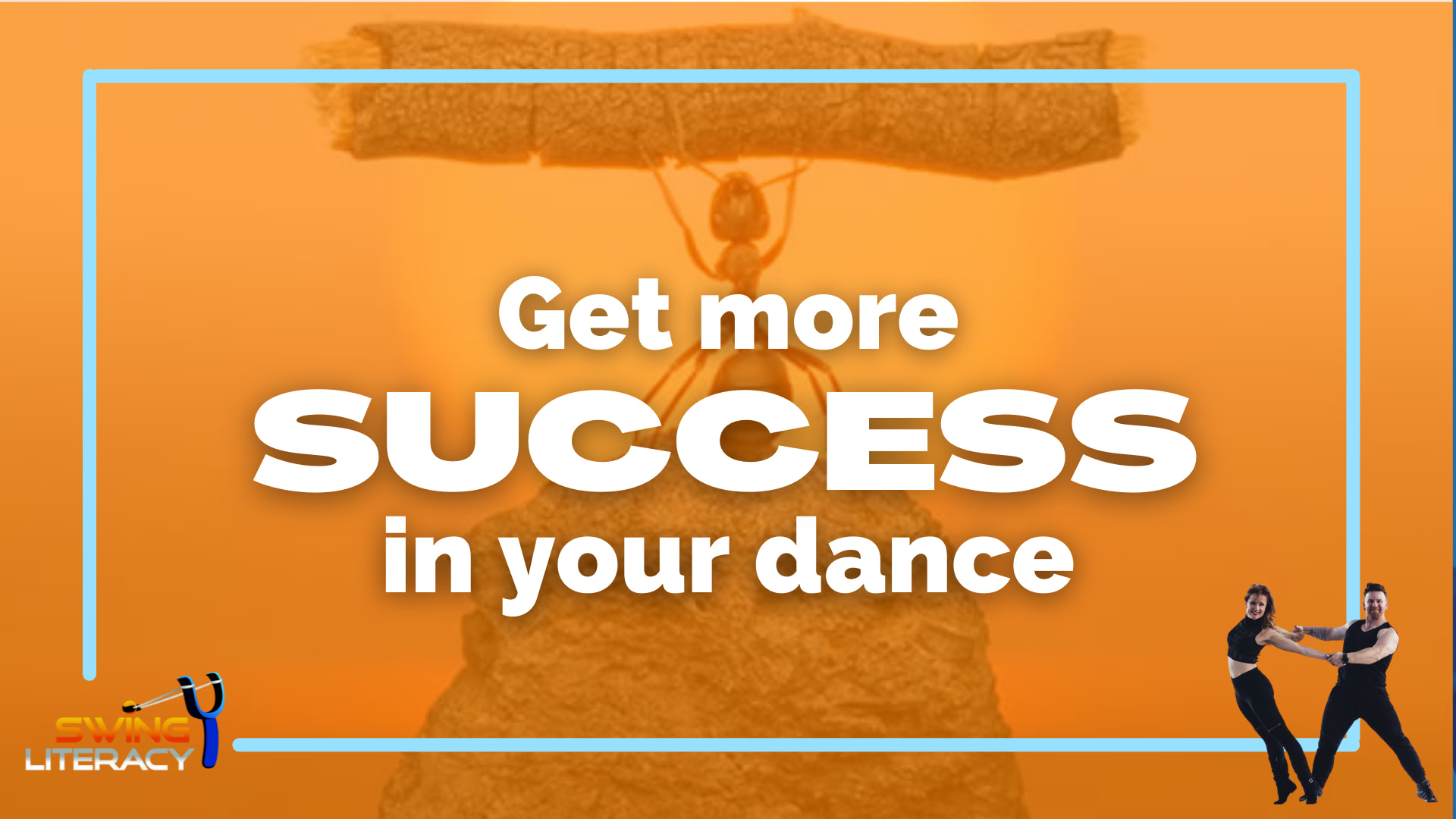
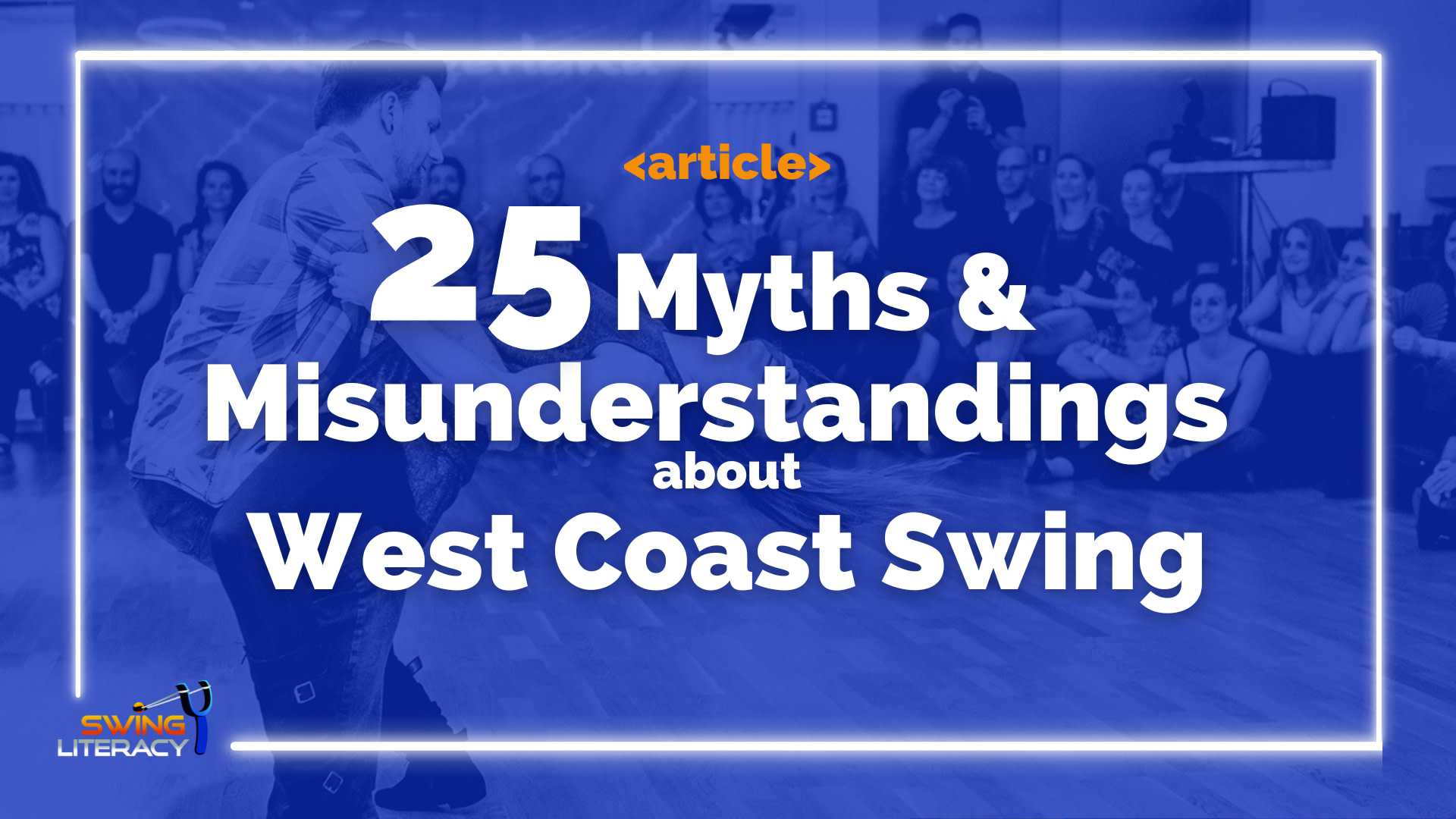
 “One day, I hope to speak Egyptian Arabic well enough to visit Egypt”
“One day, I hope to speak Egyptian Arabic well enough to visit Egypt”
 This is an inclusive community, where everyone dances with everyone: all levels, all genders, all ages. Westies are fiercely proud of this. Dancing across the spectrum is the best way to become an authentically advanced dancer. Regardless of WSDC points, you can’t call yourself “advanced” unless you can elevate every partner in the room! Dancing with partners lower level than y
This is an inclusive community, where everyone dances with everyone: all levels, all genders, all ages. Westies are fiercely proud of this. Dancing across the spectrum is the best way to become an authentically advanced dancer. Regardless of WSDC points, you can’t call yourself “advanced” unless you can elevate every partner in the room! Dancing with partners lower level than y From the moment you step into the dance space, people are excited about you being a potential playmate. They *want* you to participate – they want more people to love WCS as much as they do, because it creates a more fun and fulfilling scene for everyone. The activities and games offered at social dances are designed to include, involve, and inspire you. They are not exclusive to a certain group or level. Feel free to join in! If you are unsure, go ahead and ask – no one will ever fault you for asking, and you might just get the encouragement you were looking for.
From the moment you step into the dance space, people are excited about you being a potential playmate. They *want* you to participate – they want more people to love WCS as much as they do, because it creates a more fun and fulfilling scene for everyone. The activities and games offered at social dances are designed to include, involve, and inspire you. They are not exclusive to a certain group or level. Feel free to join in! If you are unsure, go ahead and ask – no one will ever fault you for asking, and you might just get the encouragement you were looking for. You might have heard about a mystical dance convention happening in your town or nearby, and dismissed it, thinking that it was aimed at those “hot-shot competitors”. Actually, this is not true. Yes, there are competitions, but the main focus of the weekend is learning and social dancing at all levels, which means it is aimed at YOU. There are often dozens if not hundreds of newer dancers in attendance, who have been dancing for 6 days to 6 months. These dancers usually make up about 25% of the attendance, so there is often a Newcomer Intensive offered: workshops aimed specifically at newbies/first-time-convention-goers. In general, the weekend events offered will definitely have something for you, but if you are unsure, ask around. Don’t miss an opportunity that might not come up for another year!
You might have heard about a mystical dance convention happening in your town or nearby, and dismissed it, thinking that it was aimed at those “hot-shot competitors”. Actually, this is not true. Yes, there are competitions, but the main focus of the weekend is learning and social dancing at all levels, which means it is aimed at YOU. There are often dozens if not hundreds of newer dancers in attendance, who have been dancing for 6 days to 6 months. These dancers usually make up about 25% of the attendance, so there is often a Newcomer Intensive offered: workshops aimed specifically at newbies/first-time-convention-goers. In general, the weekend events offered will definitely have something for you, but if you are unsure, ask around. Don’t miss an opportunity that might not come up for another year!
 I realize that many of these myths are hard to let go of, because doing so risks rejection. I’m not going to lie and pretend there aren’t jerks out there and exceptions to these general rules. But hey, there are jerks and exceptions in every part of life, right? WCS is no different. So here’s your course of action:
I realize that many of these myths are hard to let go of, because doing so risks rejection. I’m not going to lie and pretend there aren’t jerks out there and exceptions to these general rules. But hey, there are jerks and exceptions in every part of life, right? WCS is no different. So here’s your course of action:




Well stated and invaluable to new dancers. You are both good role models.
At conventions, I often use eye contact response as a clue to whether someone would like to dance with me. If they hold eye contact and smile, I will ask them. If they immediately break eye contact and look out over the floor, I presume they are hoping for someone else. It’s a convention, and I understand that they have invested a lot of money, time, and energy in a bid for some dances that are beyond what they can get in their local dance community. So if I get that vibe, I am happy to find someone else or just watch for awhile. Am I doing the right thing?
I loved this article—it was exactly what I needed to hear as the world is opening up post-Covid and I'm starting to think about social dancing again!